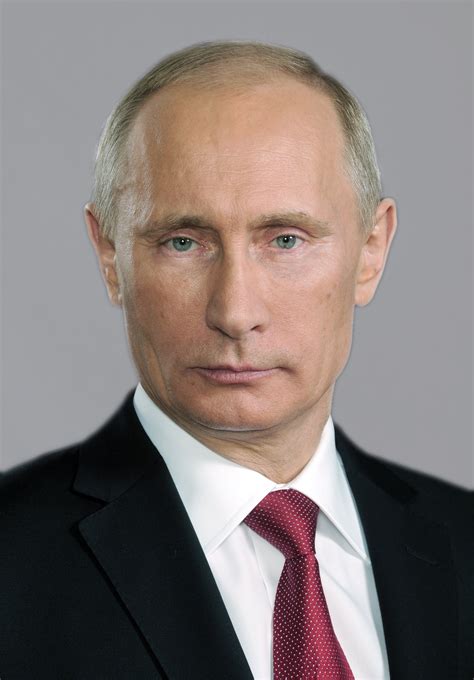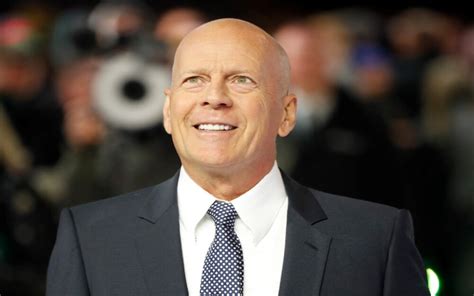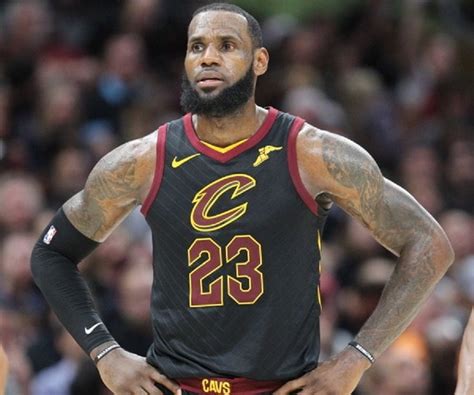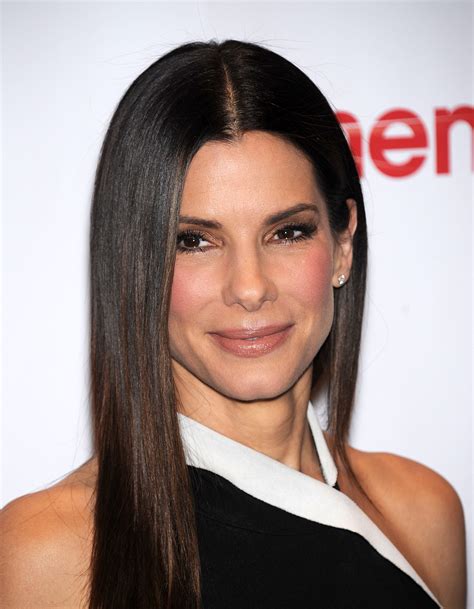Explore the early life and rise to power of a political figure, their agenda, international relations, and lasting legacy and impact.
Early Life and Career
Contents
Vladimir Putin was born on October 7, 1952, in Leningrad (now St. Petersburg), Russia. His father was a foreman and his mother was a factory worker, and the family lived in a communal apartment with three other families. Putin had a humble upbringing, and he has described his early life as ordinary.
In 1975, Putin graduated from Leningrad State University with a law degree. Afterward, he joined the KGB, the Soviet Union’s security agency, where he served as a foreign intelligence officer for 16 years. During this time, he was stationed in East Germany, and it was here that he first began to gain valuable experience in politics and international affairs.
When the Soviet Union collapsed in 1991, Putin retired from the KGB and entered politics. He worked in the office of Leningrad’s mayor, Anatoly Sobchak, before being appointed as the head of the Committee for External Relations in the St. Petersburg mayor’s office. This position gave him an opportunity to connect with foreign businesses and gain valuable experience in economic and international affairs.
In 1996, Putin moved to Moscow and joined the administration of President Boris Yeltsin, where he quickly rose through the ranks. He was appointed as the director of the Federal Security Service (FSB), the successor to the KGB, and later as the prime minister of Russia. In 2000, he was elected as the president of Russia, beginning his journey to become one of the most powerful and influential leaders in the world.
Rise to Power
Vladimir Putin rose to power in Russia in the late 1990s and early 2000s after a rapid political ascent within the Russian government. His rise was marked by his appointment as Prime Minister by President Boris Yeltsin in 1999, and then by Yeltsin’s surprise resignation at the end of the year, handing over the presidency to Putin. This transition of power was a pivotal moment in Russian history, as it signaled the end of the chaotic post-Soviet era and the beginning of Putin’s authoritarian rule.
During his first term as President, Putin focused on consolidating power and reasserting Russian influence both domestically and internationally. He pursued a tough stance on the Chechen conflict, which had been a major issue for the Russian government, and also cracked down on oligarchs who had amassed wealth and political power in the turbulent years following the collapse of the Soviet Union.
Putin’s rise to power was also characterized by a sharp increase in state control over media and political opposition. His administration implemented measures that limited the independence of the press and marginalized political opponents, leading to a consolidation of power in the hands of the Kremlin. This authoritarian trend has become increasingly pronounced throughout Putin’s tenure as President, and has had lasting impacts on the political landscape of Russia.
In addition to his domestic policies, Putin’s rise to power also had significant implications for Russia’s international relations. His assertive foreign policy stance, particularly with regards to former Soviet republics and Eastern European countries, has contributed to tensions with the West and has had a lasting impact on global geopolitics.
Political Agenda
As the President of Russia, Vladimir Putin has pursued several key political agendas throughout his time in office. One of his primary goals has been to strengthen the central government’s control over the regions of Russia. This has led to the consolidation of power in the hands of the federal government, often at the expense of regional autonomy.
Another significant part of Putin’s political agenda has been his focus on maintaining stability and order within Russia. This has sometimes involved cracking down on political opposition and independent media outlets, as well as implementing policies aimed at preventing social unrest.
In addition, Vladimir Putin has been known for his assertive foreign policy, which has included military interventions in neighboring countries and efforts to expand Russia’s influence on the global stage. This aggressive approach to international relations has been a central element of his political agenda.
Furthermore, Putin has also made economic development a key focus of his political agenda, implementing policies aimed at modernizing Russia’s infrastructure and industrial base while promoting economic growth and stability.
| Key Elements of Putin’s Political Agenda |
|---|
| Centralization of power |
| Maintaining stability and order |
| Assertive foreign policy |
| Economic development |
Overall, Vladimir Putin’s political agenda has been characterized by a combination of state-centric policies, a strong emphasis on national security, and a desire to assert Russia’s influence on the global stage. These key elements have shaped his approach to governance and have had a significant impact on the domestic and international policies of Russia.
International Relations
Vladimir Putin has been a prominent figure in the international arena throughout his time in power. His approach to international relations has been characterized by a combination of assertiveness and pragmatism, as he seeks to advance Russia’s interests on the global stage. Under his leadership, Russia has sought to assert itself as a major player in international affairs, often challenging the dominance of the United States and its allies.
One of the key aspects of Putin’s approach to international relations has been the cultivation of strong ties with other major powers, such as China. This has been demonstrated through strategic partnerships in areas such as energy, trade, and military cooperation. By forging these alliances, Putin has aimed to counterbalance the influence of the West and promote a multi-polar world order.
At the same time, Putin’s foreign policy has also been marked by assertive actions, such as Russia’s military intervention in Ukraine and its involvement in the Syrian civil war. These actions have raised concerns among Western countries and strained Russia’s relations with the European Union and the United States. However, they have also served to bolster Putin’s image as a strong and decisive leader, both domestically and internationally.
Despite these challenges, Putin has also made efforts to engage with the international community, such as through participation in international forums and summits. He has sought to project an image of Russia as a responsible global actor and has emphasized the importance of dialogue and cooperation in addressing global challenges such as terrorism, climate change, and nuclear proliferation.
In conclusion, Vladimir Putin’s approach to international relations has been defined by a combination of assertiveness, pragmatism, and strategic partnerships. While his actions have at times strained Russia’s relations with the West, they have also served to assert Russia’s influence on the global stage and reinforce Putin’s image as a strong and decisive leader.
Legacy and Impact
As the longest-serving leader of Russia since Joseph Stalin, Vladimir Putin has certainly left a lasting legacy on the country and the world at large. His impact on Russian politics, the economy, and international relations cannot be understated.
One of the most significant aspects of Putin’s legacy is his consolidation of power in Russia. During his time as President and Prime Minister, he has centralized power within the Kremlin, leading to a more authoritarian style of governance. This has had a profound impact on the political landscape of Russia, with Putin’s United Russia party dominating the political scene.
Furthermore, Putin’s impact on the Russian economy has been far-reaching. His policies have been credited with stabilizing and strengthening the economy after the turbulent years following the collapse of the Soviet Union. However, they have also been criticized for stifling competition and inhibiting economic growth.
On the international stage, Putin’s legacy is marked by his assertive foreign policy. His aggressive actions in Crimea, Syria, and other areas have reshaped the geopolitical landscape, leading to heightened tensions with the West and a shift in global alliances.
Overall, Vladimir Putin’s legacy and impact will continue to be felt for years to come. Whether praised for his strong leadership or criticized for his authoritarian tendencies, there is no denying the profound influence he has had on Russia and the world.












